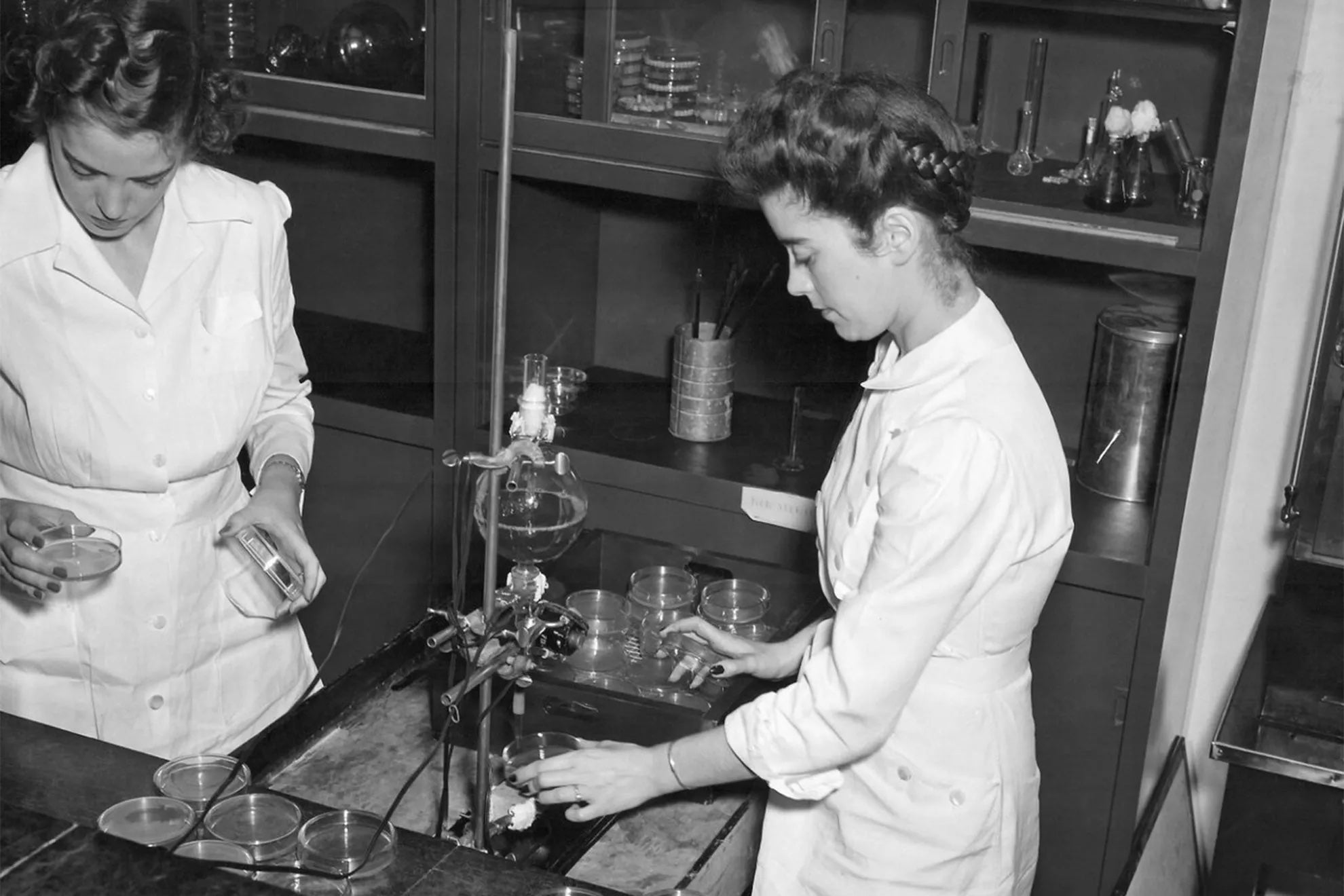Q&A: The science of irrationality

[ Spring 2013 ]
Why we act against our own best interests
Human beings act irrationally. This long-established observation, corroborated now by the burgeoning field of behavioral economics—which studies the influence of social, cognitive and emotional forces on our choices and decisions—holds great potential to transform both personal habits and public health. Ichiro Kawachi, chair of the Department of Social and Behavioral Sciences, talks with Harvard Public Health writer Amy Gutman about why all of us (himself included) so often fail to act in our own best interests and how we can change.
Q: Public health often starts out with good intentions but fails to change people’s behavior. Why?
A: Because many public health theories assume that humans are rational, and we’re not. Our thought processes are automatic. And our behaviors are ruled by emotions, including the emotional states that advertisements create.
Q: Can you give me some examples of wrongheaded public health interventions?
A: Take smoking. Public health tries to dissuade people from smoking by using surgeon generals’ messages that smoking will cause lung cancer 20 years down the line—as if, at the moment of lighting up, someone is thinking about what will happen 20 years from now. It’s what behavioral economists call “the problem of intertemporal choice”: The costs and benefits of many behaviors fall in different time periods.
Nearly all of the lifestyle choices that we in public health lecture people about fall into this category. For example, there are “investment behaviors,” such as going to the gym today to prevent heart attack 10 years from now, or flossing your teeth so that you can avoid dental bills six months later. There are also “sinful goods,” where the pleasure comes now and the cost comes later: Krispy Kremes, risky sex, smoking.
If we were perfectly rational beings, we would be able to factor all this in and make the right decision. But we’re not coldly calculating machines. We are motivated by the part of the human brain that is heavily present-focused.
Q: So what can public health do to overcome this irrationality?
A: We can be the architects of people’s decisions, so that the natural choice tends to be the healthier one. One trick from behavioral economics is default options. At McDonald’s, make the default option for kids’ meals an apple instead of a bag of french fries. Or instead of asking people if they want to supersize their meal, ask if they want to downsize it. A third default option is to make serving containers smaller; one reason why Europe has less obesity than the U.S. is that their cups and saucers and plates are much smaller than ours.
Even public transportation is a default option. In Japan, in spite of the fact that virtually nobody works out in their leisure time, they have managed to remain lean and slim. It’s because of the investments their society has made in public transportation and the resulting exercise involved in walking between their homes and train stations, and walking up and down stairs and platforms at those stations.
Q: Any other lessons from behavioral economics?
A: It’s taught us that if you give people a good feeling about a product, your assessment of the benefits goes up and your assessment of the risks goes down. Cigarette ads play up positive emotions—“alive with pleasure,” how much fun you’re going to have by smoking this product. Often, these ads don’t even show people smoking.
Until recently, the public health message about smoking was totally unemotional: You’ll get cancer in 20 years. With the proposed Food and Drug Administration warnings, we are finally combatting fire with fire by showing images that are equally vivid and emotion-laden. But fear also tends to put people in a state of denial. I happen to think there’s a vast palette of subtler emotions, such as pride or anger or sadness, which we could use to instill healthier choices.
Q: What’s at stake if we don’t take these ideas into account?
A: Ralph Keeney, who is emeritus professor at Duke, has said we should stop thinking about the major health problems in America as being cancer and cardiovascular disease. But smoking, a sedentary lifestyle and overeating represent the lion’s share of preventable causes of illness. It’s personal decisions that are the major cause of our health problems.
A: The food and tobacco industries are well aware of the insights from behavioral economics. They liberally use these techniques in their advertising and persuasion. So why don’t we?
Q: Do you ever find yourself making the sort of irrational health choices that you’ve just described?
A: When I go to Logan Airport, specifically Terminal C, there’s a Burger King. Even though I tell myself that I’m falling prey to this pattern—even though I tell myself the night before that I’m not going to do it this time—the moment I’m there, I smell the french fries and find myself making a beeline.
Learn More
Register to hear Ichiro Kawachi speak during our free HUBweek Panel, “Four Global Health Threats, Four Global Health Opportunities”
Download a PDF of Q&A: The science of irrationality here


